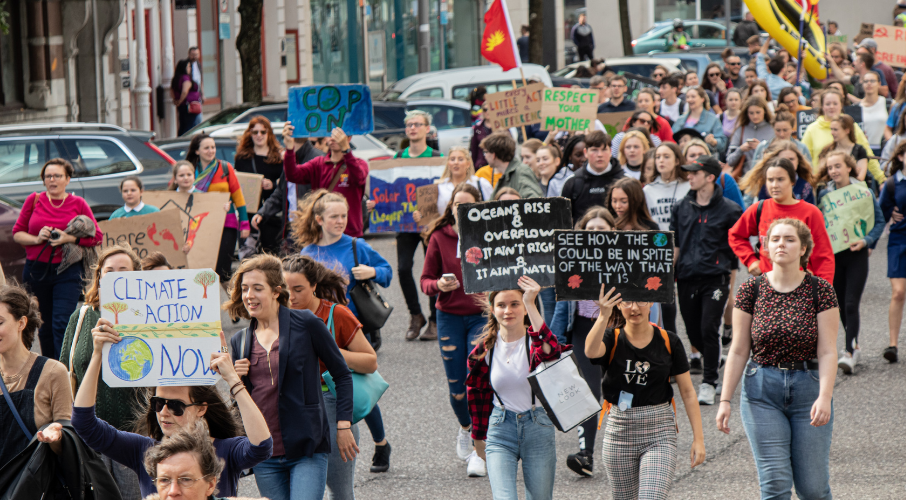RE: “How a conservative US network undermined Indigenous energy rights in Canada,” published in the Guardian and the Narwhal. July 18, 2022, by Geoff Dembicki.
To the Editors of the Guardian and the Narwhal:
On Indigenous rights, the Guardian and the Narwhal have sided with the racists, paternalists and colonialists who have decided that they, and they alone, know what is right for Indigenous peoples and have done so via an article filled with falsehood and innuendo designed to discredit our work.
Indigenous people have a long history of having their rights and liberties denied through colonialism and its legacies. Outsiders who asserted the “superiority” of their own culture sought to impose their world view on us. As a result, we were denied the right to vote, the right to govern our own affairs, the right to raise and educate our own children, and more. Canadian society is slowly coming to see that government paternalism and colonialism are wrong, although the path toward real reconciliation is slow and painful.
We are now facing a new and disruptive strand of colonialism: eco-colonialism. This is perpetrated by climate radicals who believe that their ideology justifies denying Indigenous communities the right to speak for themselves and denying them access to opportunities that the colonizers have enjoyed for centuries. Eco-colonialists, like the author of the Guardian/Narwhal piece, apparently do not believe that our communities should determine our own future or control our own lands for our benefit.
Self-appointed outsiders like Mr. Dembicki are, wittingly or unwittingly, condemning our communities to poverty. Apparently our rights should only be respected if we exercise them in accordance with the ideological priorities of these eco-colonialists. All the while, our cultures die slow deaths without the resources and autonomy we so sorely need – and deserve.
Indigenous peoples should be empowered to chart their own course, whether that be as proponents, partners, owners, or indeed as opponents of development projects on territories over which they are rights holders. Indigenous peoples are the best arbiters of their own destinies, a position that we assert with pride and determination; all of this was communicated to the author in detail but he chose to ignore and distort our views in his despicable and dishonest article, implying that we are stooges of industry rather than what we are: Indigenous leaders devoting our life and work to building prosperity and success for our communities and working diligently to create a public policy climate that makes that possible.
When allowed to make decisions about their territories, some Indigenous communities choose to say no to project development. That is their right, and we defend it without hesitation. We also hold to the view that communities should also have the right to say yes. We have the right to work as partners with industry, business groups, and developers to pursue opportunities that we believe are in the interests of our communities.
We call on eco-colonialists such as the author, the Guardian and the Narwhal to stop. Stop misrepresenting us and our efforts in order to promote your own agenda. Stop attacking the work of Indigenous peoples to break the cycle of poverty and despair. Stop believing that you know better than we do about our own rights and lands. Stop claiming to speak on our behalf while actively fighting our exercise of our rights, our agency, and our ability to achieve prosperity. We can and do address questions of climate change, environmental protection, and appropriate development within our communities. We are not answerable to you for those decisions.
We have the right to say either yes or no to projects on lands on which we are rights holders, free of coercion and interference, and free of the paternalistic sneering of people who think they know better than we do what is in our interests as Indigenous people.
Chris Sankey is a former Lax Kw Alaams elected official, businessman and senior fellow at the Macdonald-Laurier Institute. Melissa Mbarki is policy analyst and outreach co-ordinator for the Indigenous affairs program at the Macdonald-Laurier Institute, and a member of the Treaty 4 nation in Saskatchewan.

